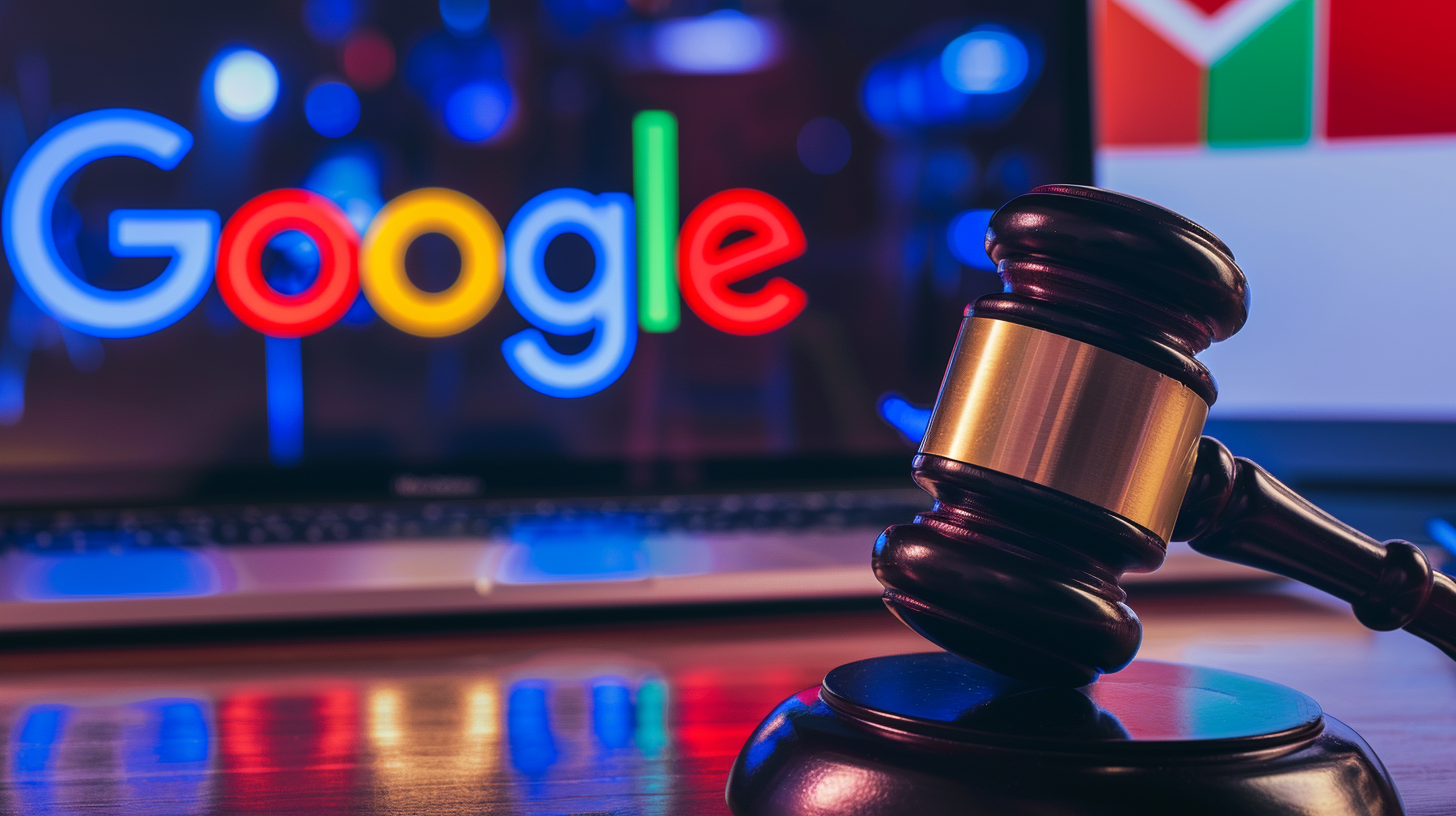The world’s most valuable company is entering 2026 on uncertain footing. Nvidia shares have declined roughly 8% since hitting a record on October 29, losing $460 billion in market value over recent months while underperforming the broader S&P 500. The pullback comes as investors question the sustainability of AI spending and whether the chip giant can maintain its stranglehold on the accelerator market.
The decline is striking given Nvidia’s remarkable three-year run, which saw the stock surge more than 1,200% since late 2022 and pushed its market capitalization above $5 trillion at its peak. The company remains the single biggest contributor to the current bull market, accounting for approximately 16% of the S&P 500’s advance since October 2022—more than double Apple’s contribution. Any sustained weakness in Nvidia would reverberate across most equity portfolios.
Competition is intensifying from multiple directions. Advanced Micro Devices has secured major data center contracts with OpenAI and Oracle, with its data center revenue projected to jump about 60% to nearly $26 billion in 2026. More significantly, Nvidia’s largest customers are developing their own chips to circumvent the expense of buying Nvidia’s accelerators, which can exceed $30,000 each. Alphabet, Amazon, Meta, and Microsoft—collectively representing over 40% of Nvidia’s revenue—are all building internal alternatives.
Google has been working on tensor processing units for over a decade and recently optimized its latest Gemini AI chatbot to run on these proprietary chips. The company announced a chip deal with Anthropic valued in the tens of billions of dollars, and reports suggest Meta is negotiating to rent Google Cloud chips for use in 2027 data centers. This shift toward custom silicon is lifting companies like Broadcom, whose application-specific integrated circuit business has helped vault its market capitalization to $1.6 trillion, surpassing Tesla.
Nvidia’s December licensing deal with startup chipmaker Groq appears to acknowledge the growing demand for specialized, lower-cost alternatives. The company plans to incorporate elements of Groq’s low-latency semiconductor technology into future designs, suggesting even the market leader recognizes it must adapt to changing customer preferences.
Despite these headwinds, Wall Street remains largely bullish. Of the 82 analysts covering Nvidia, 76 maintain buy ratings with only one recommending a sale. The average price target implies a 37% gain over the next year, which would push the company’s valuation above $6 trillion. CEO Jensen Huang declared at CES that demand for Nvidia GPUs is “skyrocketing” as AI models increase by an order of magnitude annually, with the company’s next-generation Rubin chips nearing release.
Investors are closely monitoring Nvidia’s profit margins as competition heats up. The company’s gross margin dipped in fiscal 2026 due to higher costs from ramping up its Blackwell chip series, falling to a projected 71.2% from the mid-70s percentage range in previous years. Management expects margins to recover to around 75% in fiscal 2027, but any shortfall would likely trigger concern on Wall Street.
Interestingly, Nvidia trades at a relatively modest valuation of 25 times forward earnings despite expectations for 57% profit growth on a 53% revenue increase in its next fiscal year. This multiple is lower than most Magnificent Seven stocks except Meta, and cheaper than over a quarter of S&P 500 companies. Some analysts view this as opportunity, arguing the stock is priced as if the AI cycle has already ended.
The AI infrastructure buildout remains massive, with Amazon, Microsoft, Alphabet, and Meta projected to spend over $400 billion on capital expenditures in 2026, much of it directed toward data center equipment. Even as Big Tech develops internal chips, the computing power requirements are so enormous that companies continue purchasing Nvidia’s products. Bloomberg Intelligence analysts expect Nvidia’s market share to remain intact for the foreseeable future, though maintaining 90% dominance will clearly be more challenging than before.




